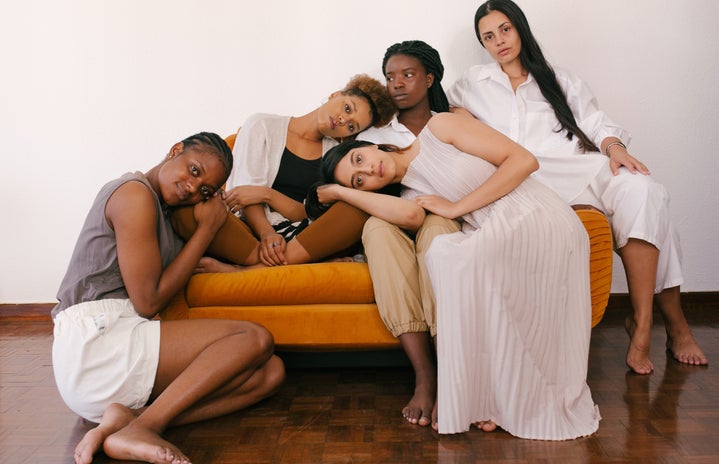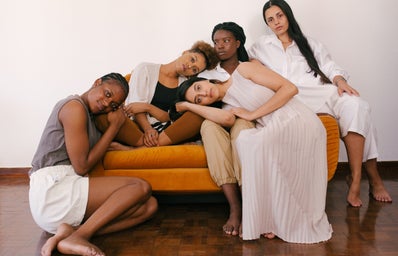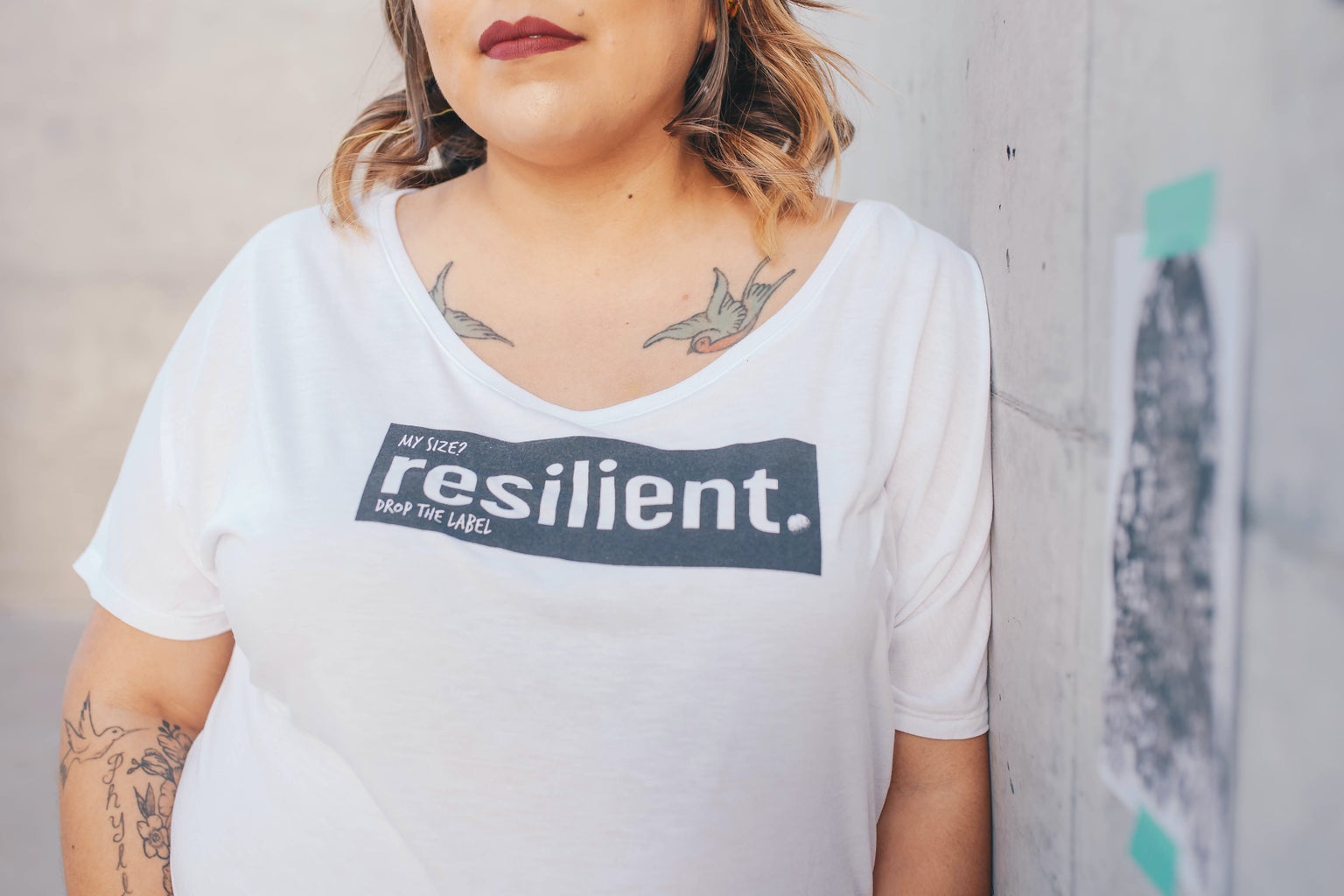What is a woman? Simone de Beauvoir ponders this exact question in her novel The Second Sex as she discusses the history of women and comes to the conclusion that women have been subjugated to the role of the Other, and by no means was it their choice. In the history of societies, rarely are women represented as a whole self. Even one of the world’s deemed greatest thinkers Aristotle claimed “the female is a female by virtues of a certain lack of qualities,” seemingly incomplete. On the other hand, the man represents humanity, as indicated by the common usage of ‘man’ to refer to humankind. Where he is the Absolute, she is the Other.
The category of Otherness is not a new phenomenon to society, but what differs the oppression of women from others is their complicity in their own oppression. The concept of the ‘eternal feminine’ traps us in the constraints made by the men who developed the mold. Women internalize the male gaze and act upon the expectations of our sex. Even in modern times, de Beauvoir’s words ring true to the treatment of women— but how can we break free of these constraints?
Well as de Beauvoir claims, “one is not born, but rather becomes, a woman.” Thus, we must reclaim womanhood for liberation in both an individual and social context. A woman must first be able to see herself as a subject and not an object, thus giving her selfhood. Embracing the freedom of the self, women must also recognize that they are a social group separate from men, and this differentness gives them unity with others. Aligning with the oppressed rather than the oppressors is a key factor in achieving liberation for all.
Society has limited our growth as individuals and humankind as a whole, and now it’s time to redefine and reclaim the roles we’ve been subjected to in order to start afresh. Femininity is not a defectiveness, but instead a way of being. I asked earlier, “what is a woman?” and I don’t think there’s one simple way to define that because we are constantly redefining what femininity means to us.
However, by choosing to define womanhood on your own terms instead of conforming to the patriarchal mold, you are empowering yourself from the longstanding oppression of men.
Want to keep up with HCBU? Make sure to like us on Facebook, follow us on Instagram, check out our Pinterest board, and read our latest Tweets!



